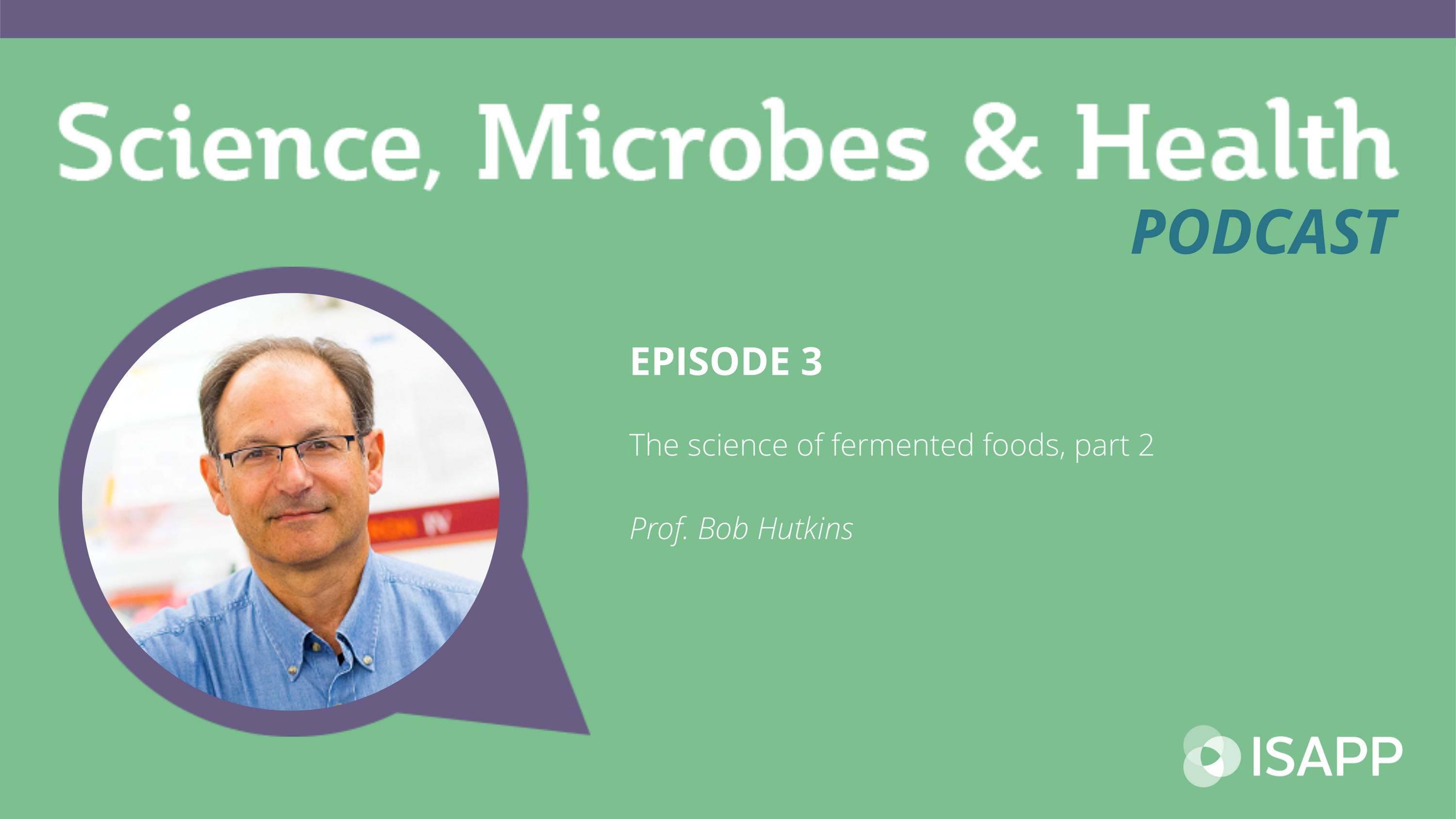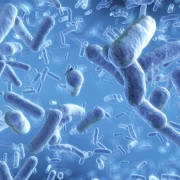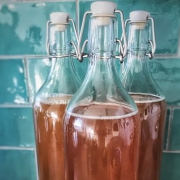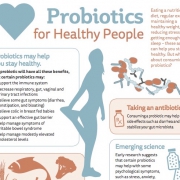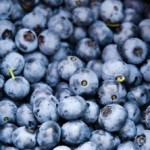Episode 3: The science of fermented foods, part 2
Podcast: Play in new window | Download
Subscribe: Apple Podcasts | Spotify | RSS
The Science, Microbes & Health Podcast
This podcast covers emerging topics and challenges in the science of probiotics, prebiotics, synbiotics, postbiotics and fermented foods. This is the podcast of The International Scientific Association for Probiotics and Prebiotic (ISAPP), a nonprofit scientific organization dedicated to advancing the science of these fields.
The science of fermented foods, part 2, with Prof. Bob Hutkins
Episode summary:
Before listening to this episode, it’s recommended that you check out episode #1, The science of fermented foods, Part 1. In this episode, the hosts continue their discussion of fermented foods with Prof. Bob Hutkins, University of Nebraska – Lincoln. Prof. Hutkins elaborates on how the microbes associated with fermented foods may confer health benefits, as well as how food scientists choose strains for fermentation. He emphasizes how the live microbes in fermented foods differ from probiotics.
Key topics from this episode:
- Why working in the field of fermented foods is exciting and rewarding
- The challenges for scientists, especially when it comes to designing clinical studies with various fermented foods
- The benefits of fermented foods – from being safe as well as nutritious, to the health benefits that live microbes present in the foods can provide
- How microbes are selected for fermentation; companies focus on strain performance – i.e., good growth and survival to preserve the food and provide a desired flavor and texture
- The activities of live microbes present in fermented foods, from initiating the fermentation process to benefiting human health
- The differences between probiotics and live microbes in fermented foods
- How live microbes in fermented foods might affect your gut microbiota and why some scientists believe that fermented foods are important for getting regular doses of live microbes
Episode links:
Microbiology and Technology of Fermented Foods, 2nd Ed., by Robert W. Hutkins
The International Scientific Association for Probiotics and Prebiotics (ISAPP) consensus statement on fermented foods
The International Scientific Association for Probiotics and Prebiotics consensus statement on the scope and appropriate use of the term probiotic
Gut-microbiota-targeted diets modulate human immune status, study by Stanford researchers
Additional resources:
Expert consensus document: The International Scientific Association for Probiotics and Prebiotics (ISAPP) consensus statement on the definition and scope of postbiotics.
Postbiotics. ISAPP infographic
Fermented foods. ISAPP infographic
What are fermented foods? ISAPP video
Do fermented foods contain probiotics? ISAPP blog post
How are probiotic foods and fermented foods different? ISAPP infographic
Are fermented foods probiotics? Webinar by Mary Ellen Sanders, PhD
About Prof. Bob Hutkins:
Bob Hutkins is the Khem Shahani Professor of Food Microbiology at the University of Nebraska. He received his Ph.D. from the University of Minnesota and was a postdoctoral fellow at Boston University School of Medicine. Prior to joining the University of Nebraska, he was a research scientist at Sanofi Bio Ingredients.
The Hutkins Lab studies bacteria important in human health and in fermented foods. His group is particularly interested in understanding factors affecting persistence and colonization of probiotic bacteria in the gastrointestinal tract and how prebiotics shift the intestinal microbiota and metabolic activities. The lab also conducts clinical studies using combinations of pro- and prebiotics (synbiotics) to enhance health outcomes. More recently we have developed metagenome-based models that can be used in personalized nutrition.
Professor Hutkins has published widely on probiotics, prebiotics, and fermented foods and is the author of the recently published 2nd edition of Microbiology and Technology of Fermented Foods.

